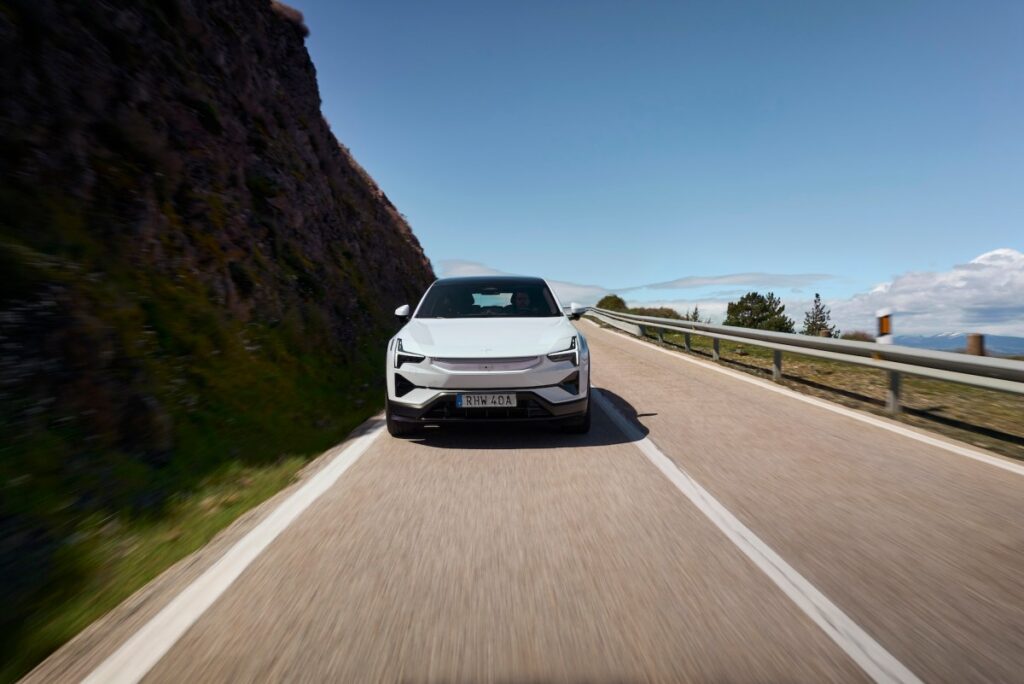Record Highs in Tesla Trade-Ins Stimulate Competition Among EV Makers
Tesla trade-ins in the U.S. are at an all-time high as some owners grow disillusioned with the brand’s association with Elon Musk, prompting competitors to capitalize on this trend.
The Shift in Tesla Ownership
As dissatisfaction with Tesla grows among some owners, trade-ins are increasing significantly. Many current Tesla owners are not only concerned about the political affiliations of the company’s CEO, Elon Musk, but are also wary of the potential for vandalism against their vehicles, as animosity towards Musk has escalated.
Automakers Seize the Opportunity
In light of the rising trade-in figures, several automakers are strategically positioning themselves to attract these Tesla owners. Brands like Polestar, Lucid Motors, Volvo, and Ford are actively offering alluring incentives designed to sway consumers away from Tesla.
Incentives and Offers
- Polestar: Recently, Polestar launched a $5,000 discount for Tesla drivers looking to lease the new Polestar 3. This initiative has resulted in record order volumes, according to Jordan Hofmann, the head of sales at Polestar.
- Lucid Motors: Lucid is offering up to $4,000 in discounts for Tesla owners purchasing the 2025 Lucid Air, structured as $2,000 for the purchase and an additional $2,000 for a trade-in.
- Volvo: Customers who own or lease a Tesla can receive a $1,000 bonus when purchasing or leasing a 2024 electric Volvo. Importantly, buyers don’t need to invest in an electric vehicle to benefit from this offer.
- Ford: Although Ford has recently ended a $1,000 discount for Tesla owners switching to a new Mustang Mach-E or F-150 Lightning, the automaker remains open about its future incentive plans.
The Impact of Political Associations
Elon Musk’s involvement in political activities, including support for Donald Trump, has led to a backlash affecting Tesla’s reputation. Public sentiments have turned against the brand as the protest movement known as “Tesla Takedown” gains momentum globally. This has resulted in increased instances of vandalism and, in some cases, violent protests targeting Tesla properties and vehicles.
Consumer Trends and Trade-In Economics
Joseph Yoon, a consumer insights analyst from Edmund, notes that many Tesla owners are opting to trade in their vehicles even at a loss, due in part to the brand’s diminishing image. This trend has paved the way for automakers to implement attractive conquest programs aimed at converting dissatisfied Tesla customers.
Market Dynamics
Experts like Sean Tucker of Kelley Blue Book discuss the unique market dynamics surrounding Tesla trade-ins. The fluctuating public perception complicates resale pricing for Teslas, while smaller brands like Polestar and Lucid are willing to absorb losses to attract these displaced owners.
The Future of Tesla and Competition
Despite the ongoing promotions from rival automakers, it remains uncertain whether these strategies will significantly diminish Tesla’s share of the electric vehicle market. Additional factors, such as the potential impact of new automotive tariffs under the Trump administration, could further complicate consumer choices, especially as buyers seek more cost-effective options.
As the automotive landscape continues to evolve, Tesla’s dominant position will be tested amidst active competition spurred by owner discontent and innovative marketing strategies from emerging EV manufacturers.
